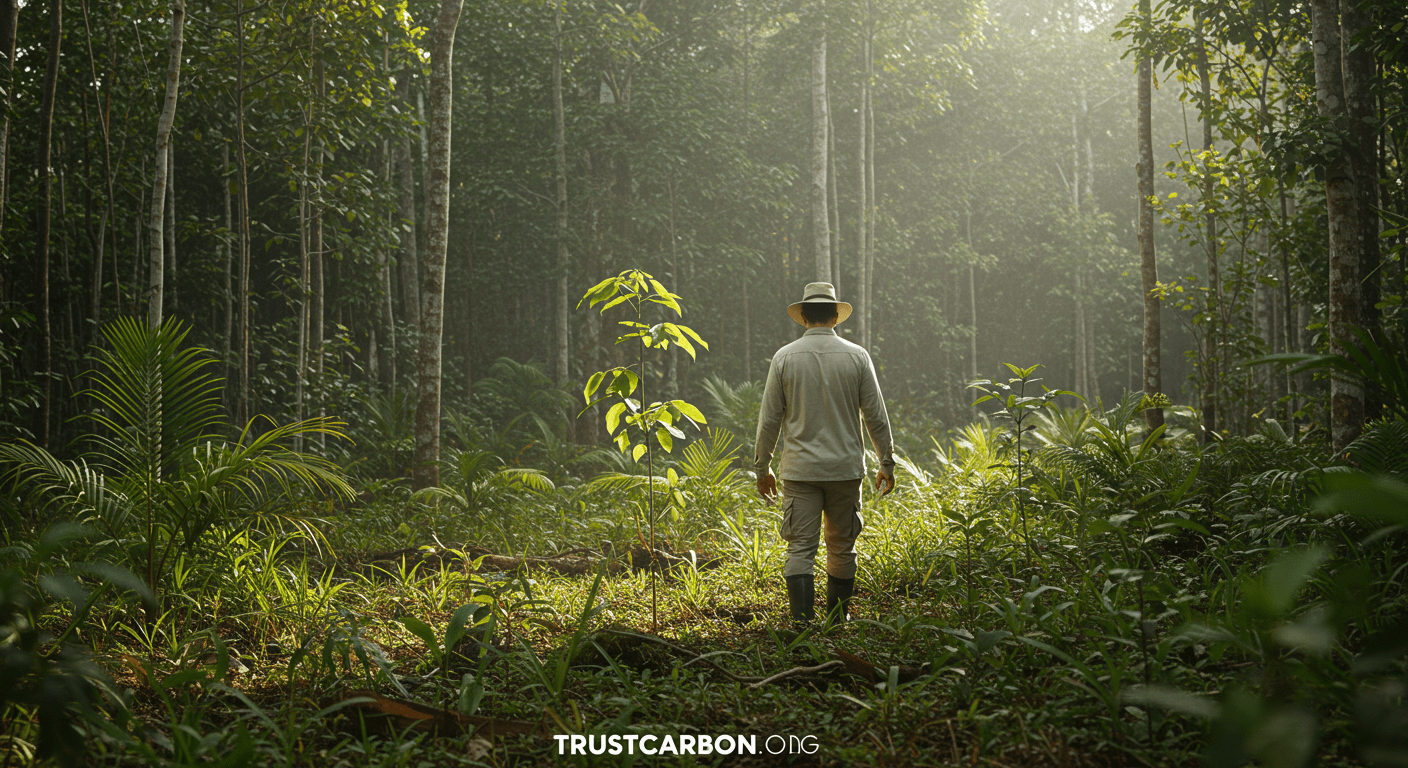Carbon Credit Market: Global Trends and Asia’s Role

The carbon credit market is a key mechanism to combat climate change by assigning value to reduced or avoided greenhouse gas emissions. It allows companies, governments, and individuals to offset their emissions by supporting certified sustainable projects.
What is the carbon credit market?
This market enables the buying and selling of carbon credits, where one credit typically represents the reduction or removal of one metric ton of CO₂ or its equivalent. There are two types:
- Compliance market: Mandatory under national or international law (e.g., EU ETS).
- Voluntary market: Used by organizations and individuals choosing to offset emissions.
Global market growth
The global voluntary carbon market is growing rapidly. In 2021, it surpassed $2 billion in value. Major corporations are committing to net-zero goals, creating a strong demand for reliable, traceable carbon credits.
“Verified carbon markets are expected to grow 15x by 2030” — McKinsey
Asia’s position in the carbon credit ecosystem
Asia plays a crucial role in both supply and demand:
- Supply: Countries like Indonesia, Vietnam, and India offer reforestation, renewable energy, and conservation projects that generate credits.
- Demand: China, Japan, and South Korea are among the largest corporate buyers of carbon credits, seeking sustainable pathways to meet emission targets.
Asian government initiatives
- China’s ETS: The world’s largest emissions trading system, launched in 2021.
- Japan’s JCM: Joint Crediting Mechanism supports low-carbon technology transfer with developing countries.
- Singapore: Becoming a hub for carbon trading and hosting digital carbon exchanges.
Challenges and opportunities
Although promising, the market faces challenges:
- Lack of standardization across registries
- Greenwashing and fraudulent claims
- Limited awareness among small landowners
On the positive side, technologies like AI, blockchain, satellite imagery and video validation — as used by Trust Carbon — are building trust and accessibility in this space.
Who can benefit from this market?
- Landowners: From as little as 1 hectare with digital validation
- Companies: Seeking ESG certification and net-zero goals
- Investors: Engaged in green finance and carbon asset portfolios
Why Trust Carbon?
Trust Carbon democratizes carbon credit access through fast, verified, and fraud-resistant technology. Our approach blends satellite AI + GPS video + blockchain for total traceability.
FAQ — Carbon Credit Market
How is the price of a carbon credit defined?
It varies based on project type, location, certification, and market demand. Prices range from $3 to $50+ per credit.
Can small landowners in Asia sell carbon credits?
Yes! With platforms like Trust Carbon, validation starts from just 1 hectare, fully online.
Is the market really secure?
Yes, when using AI-based and blockchain-powered platforms that avoid duplication, fraud, and false reporting.
Learn more: Back to Trust Carbon homepage